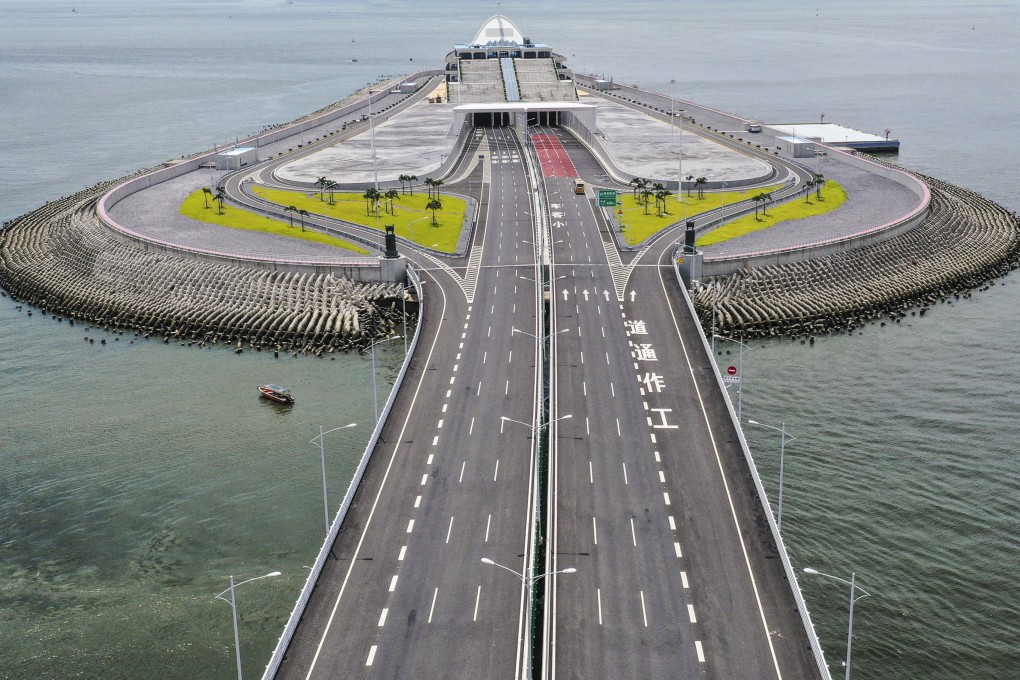Advertisement
Opinion | ‘One country, two systems’: from Macau, Hong Kong must learn the art of integration
- Hong Kong has all along considered one country, two systems as a way to set ourselves apart from the rest of the country
- In contrast, for Macau and Beijing, the principle is about integration and convergence
Reading Time:3 minutes
Why you can trust SCMP
14

My guess is that no one in Beijing lost any sleep over Macau’s Legislative Assembly elections yesterday. And they shouldn’t. There were no surprises. It is the least contested election in Macau with only 14 electoral lists competing for 14 directly elected seats.
It didn’t start out that way. Nineteen lists consisting more than 150 candidates were running until five lists and 20 candidates were disqualified after the Electoral Affairs Commission found that they had been disloyal to Macau and unsupportive of the Macau Basic Law.
And as a result, only one token pro-democracy candidate list – led by the very mild Jose Pereira Coutinho – remained.
And so if any of us here in Hong Kong are wondering what our Legislative Council elections, scheduled for the end of the year, will be like, look no further than Macau. We should be looking at Macau because it is now the exemplar of “one country, two systems”, showing Hong Kong a political path that would not incur Beijing’s wrath.
Not only that, Macau is also going where Hong Kong has never gone before: it is being tasked with running its system within the other system. Specifically, Beijing’s new plan for Hengqin, an island in Zhuhai being transformed into an economic zone, calls for Macau to run one country, two systems there, and that’s huge.
Advertisement
Select Voice
Choose your listening speed
Get through articles 2x faster
1.25x
250 WPM
Slow
Average
Fast
1.25x

